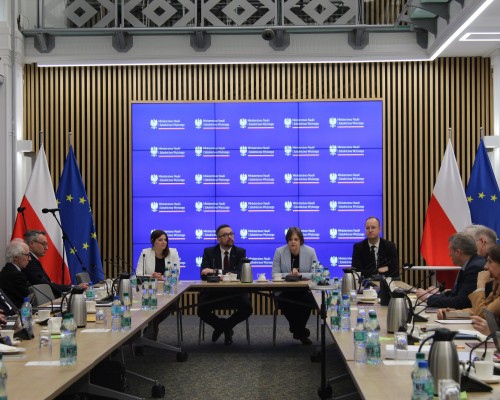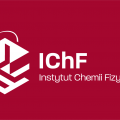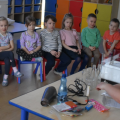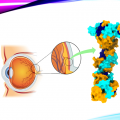Dr. hab. Adam Kubas, appointed to the Ministerial Expert Team on the new national model for research evaluation
Reading time: about 3 minuts
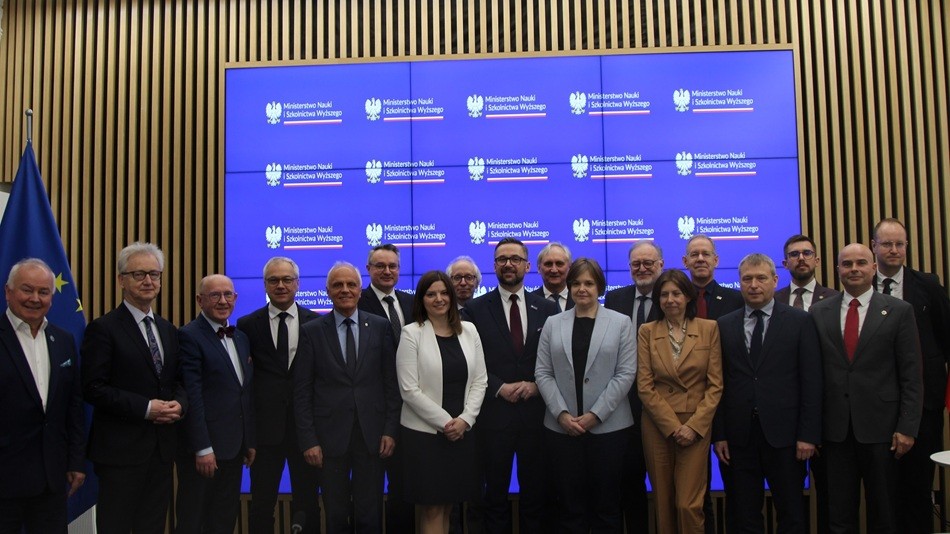
We are proud to announce that Dr. hab. Adam Kubas, Director of the Institute of Physical Chemistry, Polish Academy of Sciences (IChF) and a Professor at the Institute, has been appointed by the Minister of Science and Higher Education of the Republic of Poland to a high-level Expert Team tasked with developing the framework for a new national research evaluation model.
The 16-member team, which began its work on 8 April 2025, brings together representatives of key institutions shaping the national research and higher education system — including the Ministry of Science and Higher Education, the General Council for Science and Higher Education, the Conference of Rectors of Academic Schools in Poland (KRASP), the Polish Academy of Sciences, and the Committee for Science Evaluation. Adam Kubas represents the institutes of the Polish Academy of Sciences.
The establishment of the Expert Team is a direct response to the expectations of the scientific community for a more transparent, effective, and discipline-sensitive evaluation framework. The team’s mandate, as set out by Minister Marcin Kulasek, includes preparing substantive and organizational proposals for a new model to replace the current system. Its tasks encompass analyzing input received from the academic sector, coordinating broad public consultations, and laying the groundwork for a pilot phase. The final version of the model is scheduled for implementation in 2027.
In addition to Dr. hab. Adam Kubas, the Expert Team includes: Dr. Karolina Zioło-Pużuk (Secretary of State, specializing in the humanities and linguistics) and Dr. Eng. Kinga Kurowska-Wilczyńska (Deputy Director of the Department of Science, specializing in social sciences, management, and quality studies), representing the Ministry of Science and Higher Education; Dr. hab. Marcin Pałys, Professor at the University of Warsaw (chemical sciences), and Prof. Dr. hab. Stanisław Kistryn from the Jagiellonian University (physical sciences), representing the General Council for Science and Higher Education; Prof. Dr. hab. Eng. Arkadiusz Mężyk (Silesian University of Technology, mechanical engineering) and Prof. Dr. hab. Jacek Popiel (Jagiellonian University, literary studies), representing the Conference of Rectors of Academic Schools in Poland (CRASP); Prof. Dr. hab. Jerzy Nitychoruk (John Paul II Biala Podlaska University of Applied Sciences, Earth and environmental sciences, civil engineering), representing the Conference of Rectors of Public Vocational Universities; Mgr. Eng. Kamil Kucharski (Rzeszów University of Technology, mechanical engineering), representing the National Representation of Doctoral Students and the Council of Young Scientists; Prof. Dr. hab. Eng. Adam Woźniak (Warsaw University of Technology, mechanical engineering) and Dr. hab. Eng. Rafał Stanisławski (Opole University of Technology, technical computer science and telecommunications), representing the Research Evaluation Committee; Prof. Dr. hab. Eng. Andrzej Jajszczyk (Full Member of the Polish Academy of Sciences, technical computer science and telecommunications), representing the Polish Academy of Sciences; and Prof. Dr. hab. n. med. Henryk Skarżyński (Institute of Physiology and Pathology of Hearing, medical and health sciences), representing the Main Council of Research Institutes. Additionally, three experts were appointed directly by the Ministry: Prof. Dr. hab. Ewa Krogulec (University of Warsaw, Earth and environmental sciences), Prof. Dr. hab. Eng. Błażej Skoczeń (Cracow University of Technology, mechanical engineering), and Prof. Dr. hab. Eng. Zbigniew Kąkol (AGH University of Krakow, physical sciences).
This initiative also aligns with a broader European context — the first half of 2025 marks the Polish Presidency of the Council of the European Union. During this time, Poland plays a key role in guiding the Union’s research and innovation agenda. The national efforts to build a more responsive, inclusive, and excellence-oriented evaluation system resonate with the EU’s values of openness, accountability, and sustainable scientific progress.
More information is available on the website of the Ministry of Science and Higher Education: https://www.gov.pl/web/nauka/transparentnosc-innowacyjnosc-i-rozwoj--poczatek-prac-nad-nowa-ewaluacja.
- Author: Anna Przybyło-Józefowicz
- Photo source: Photo credit: Polish Ministry of Science and Higher Education
- Date: 9.04.2025
